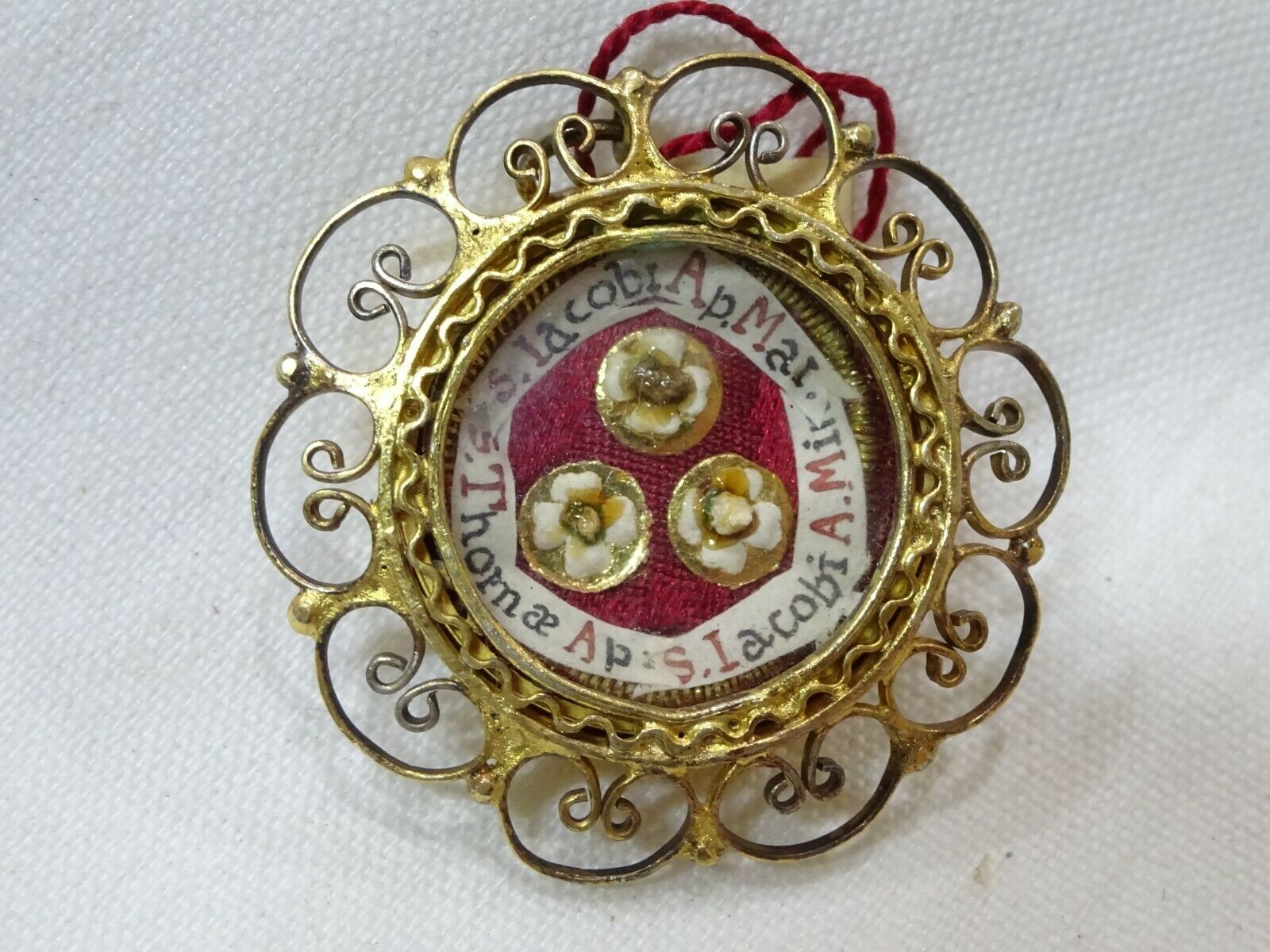-40%
Second Class Relic & Holy Card of Saint Katharine Drexel (part of her clothing)
$ 11.61
- Description
- Size Guide
Description
This item is an actual second class relic of Saint Katharine Drexel. It is a piece of cloth from clothing she wore. It is sealed on the back of the holy card of Saint Katharine. It measure 4 1/2" X 3 1/2". On the back is also the opening prayer of Mass of Saint Katharine's Feastday which is on March 3. This precious article (relic) is in perfectly new condition. You will also receive a laminated different holy card of Saint Katherine Drexel.Katharine Drexel was an American heiress, philanthropist, religious sister, educator, and founder. She was canonized by the Roman Catholic Church in 2000; her feast day is celebrated on March 3. She was the second American to be canonized a saint and the first one born a U.S. citizen. She was inducted into the National Women's Hall of Fame in 2011.
Katharine Mary Drexel was born as Catherine Mary Drexel in Philadelphia, the second child of investment banker Francis Anthony Drexel and Hannah Langstroth. Hannah died five weeks after her baby's birth. For two years Katharine and her sister, Elizabeth, were cared for by their aunt and uncle, Ellen and Anthony Drexel. When Francis married Emma Bouvier in 1860 he brought his two daughters home. A third daughter, Louisa, was born in 1863.
The girls were educated at home by private tutors. Their father believed they should learn geography first hand; accordingly, their parents took the girls on periodic tours of the United States and Europe. Three times a week, the Drexel family distributed food, clothing, and rent assistance from their family home at 1503 Walnut Street in Philadelphia. When widows or single women were too proud to come to the Drexels for assistance, the family quietly sought them out. As Emma Drexel taught her daughters, "Kindness may be unkind if it leaves a sting behind."
As a young and wealthy woman, Drexel made her social debut in 1878. However, watching her stepmother's three-year struggle with terminal cancer taught her the Drexel money could not buy safety from pain or death. Her life took a profound turn. She had always been interested in the plight of Native Americans, having been appalled by what she read in Helen Hunt Jackson’s A Century of Dishonor. When her family traveled to the Western states in 1884, Katharine Drexel saw the plight and destitution of the Native Americans. She wanted to do something specific to help. Thus began her lifelong personal and financial support of numerous missions and missionaries in the United States. After her father died in February 1885, Katharine and her sisters contributed money to help the St. Francis Mission on South Dakota’s Rosebud Reservation.
Mother Katharine Drexel died at the age of 96, on March 3, 1955, at her order's motherhouse in Cornwells Heights, Pa., where she was buried until 2018.
Because neither of her biological sisters had children, after Mother Katharine's death, pursuant to their father's will, the Sisters of the Blessed Sacrament no longer had the Drexel fortune available to support their ministries. Nonetheless, the order continues to pursue their original apostolate, working with African-Americans and Native Americans in 21 states and Haiti.
Her cause for beatification was introduced in 1966. Pope John Paul II formally declared Drexel "Venerable" on January 26, 1987, and beatified her on November 20, 1988, after concluding that Robert Gutherman was miraculously cured of deafness in 1974 after his family prayed for Mother Drexel's intercession. Mother Drexel was canonized on October 1, 2000, one of only a few U.S. born saints and the second natural-born U.S. citizen saint (Elizabeth Ann Seton was the first native-born U.S. citizen canonized, in 1975). Canonization occurred after the Vatican determined that two-year-old Amy Wall had been miraculously healed of nerve deafness in both ears through Katharine Drexel's intercession in 1994.
The Vatican cited fourfold aspects of Drexel's legacy:
a love of the Eucharist and perspective on the unity of all peoples;
courage and initiative in addressing social inequality among minorities – one hundred years before such concern aroused public interest in the United States;
her belief in quality education for all and efforts to achieve it;
and selfless service, including the donation of her inheritance, for the victims of injustice.











